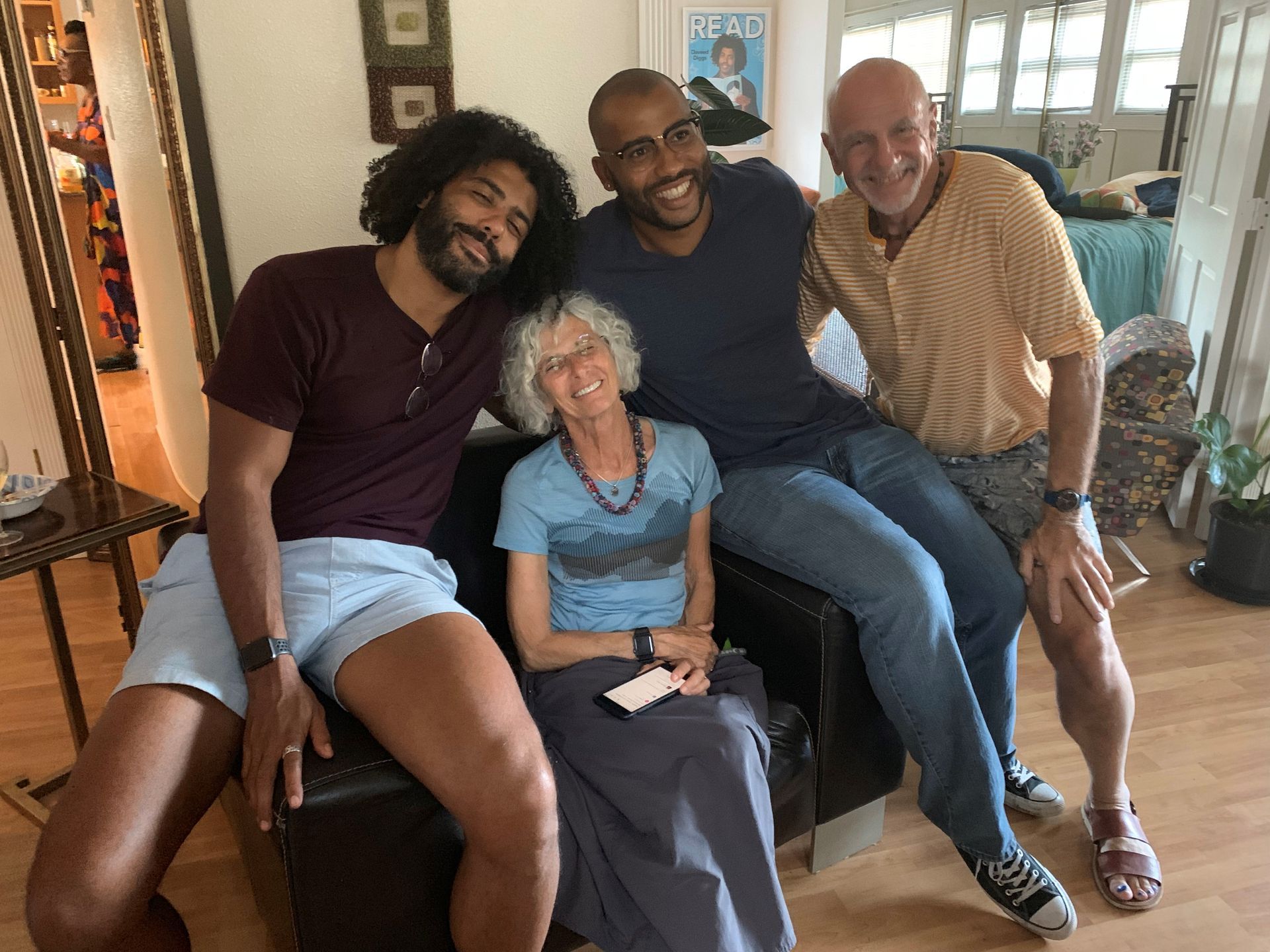My Ashkenazi Blinders
Four Jews
The closest equivalent we have to the N-word as an ethnic slur is “kike,” which, while certainly meant to be wounding and offensive, isn’t very much used and contains nowhere near the dynamite of the former. Simply saying “Jew” with the right tone of contempt or hatred conveys the poison without recourse to a special word.
Nonetheless, “kike” is what we’ve got, and where does it come from? There are several theories that we needn’t go into here, but there’s agreement that the term originally surfaced in the wake of the millions of Eastern European immigrants who flooded the United States at the end of the 19th and beginning of the 20th centuries. In fact, some of the richer and more established Western European immigrants, somewhat appalled by this massive influx of benighted raggedy-ass Ostjuden, used the slur themselves as a marker of their difference and superiority.
In the American context, the major interethnic division was between (broadly speaking) “German” Jews (my father’s side of the family) and Eastern European Jews (my mother’s). Sephardic Jews? Never heard of them. Did I possess even a theoretical knowledge that there were Jews who didn’t look white? I don’t believe so. Like the proverbial fish who isn’t aware of the existence of water because that is his world and all he knows, I uncritically equated Jew with Ashkenazi. This unconscious bias was so strong that I filtered out any evidence to the contrary.
When I spent five months on s kinnutz in 1969 and toured Israel, I must have seen many non-Ashkenazi Jews, but I have no memory of them. Everybody on the kibbutz, the major players in the history of Zionism and of the kibbutz movement, were Ashenazi Jews. The Jews uprooted and incinerated during the Holocaust were Ashkenzi Jews. Hank Greenberg and Sandy Koufax were Ashkenazi Jews.
My literary studies didn’t help. All of the Jewish writers who were then in vogue and widely read were Ashkenazi Jews: Saul Bellow, Philip Roth, Isaac Bashevis Singer and Grace Paley. Bernard Malamud wrote many of his acclaimed short stories in a Yiddishsized English that glorified and memorialized that dying language. But only Ashkenazi Jews spoke Yiddish. I’d never heard of Ladino.
Finally my historical research brought other kinds of Jews into my ken. While writing about the “embrace” of Blacks and Jews occasioned by of Enlightenment thinking, I learned that the French 1790 decree granting civic emancipation applied only to the well-to-do more acculturated Sephardic Jews of Bordeaux, not to the poorer Yiddish-speaking Ashkenazi Jews of Alsace and Lorraine. (Although as the French Revolution progressed, these, too, were emancipated in 1791.)
Because of my specialization in African studies, I knew of the existence of Ethiopian Jews, but they were never more than a demographic oddity to me, even after that community had been so dramatically airlifted into Israel in 1991 and became a (discriminated and disadvantaged) part of Israeli society thenceforth. They didn’t come to the United States in significant numbers, and I referred to them as “falashas” (Amharic for “stranger” or “outsider”) without knowing that the term was pejorative.
Yet still, I was unaware of my Ashkenazi blinders. The two sons of my romantic partner during the '90s were the issue of their Black father and their Jewish mother. I never thought of them as Jewish, and the topic of our shared Jewishness never came up. Since they look Black by the peculiar racial codes of American society, that is how the world perceives them and mostly how they move through that world. In fact, because their mother made sure they received a Jewish education, they have a greater Jewish literacy than I do!
The older son has become quite famous as an actor and rapper, but he is never perceived as Jewish. Drake doesn’t acknowledge him as a colleague or co-religionist. But like Drake, Daveed rarely plays his Jewish card … with one major exception. At the behest of the Disney studios, he wrote and recorded a song destined to enter the slim musical offerings of this minor Jewish holiday, “Puppies for Hannukah.” (His autotuned but perfect delivery of the brucha draws from his mastery of both rap and Jewish literacy.)
So the blinders are off. I watched the amazing documentary Little White Lie, learned about the Lemba of Southern Africa, have been harangued on social media by Raven Schwam-Curtis, and shared a stage at the Philadelphia Jewish Film Festival with the founder of Jews in ALL Hues. I’ve been schooled. However, I will not watch the YouTube video of Sammy Davis, Jr., in full shtetl drag singing “If I Were A Rich Man” from Fiddler on the Roof. There are depths in my quest for multiculti authenticity to which I will not descend.
Recent Posts
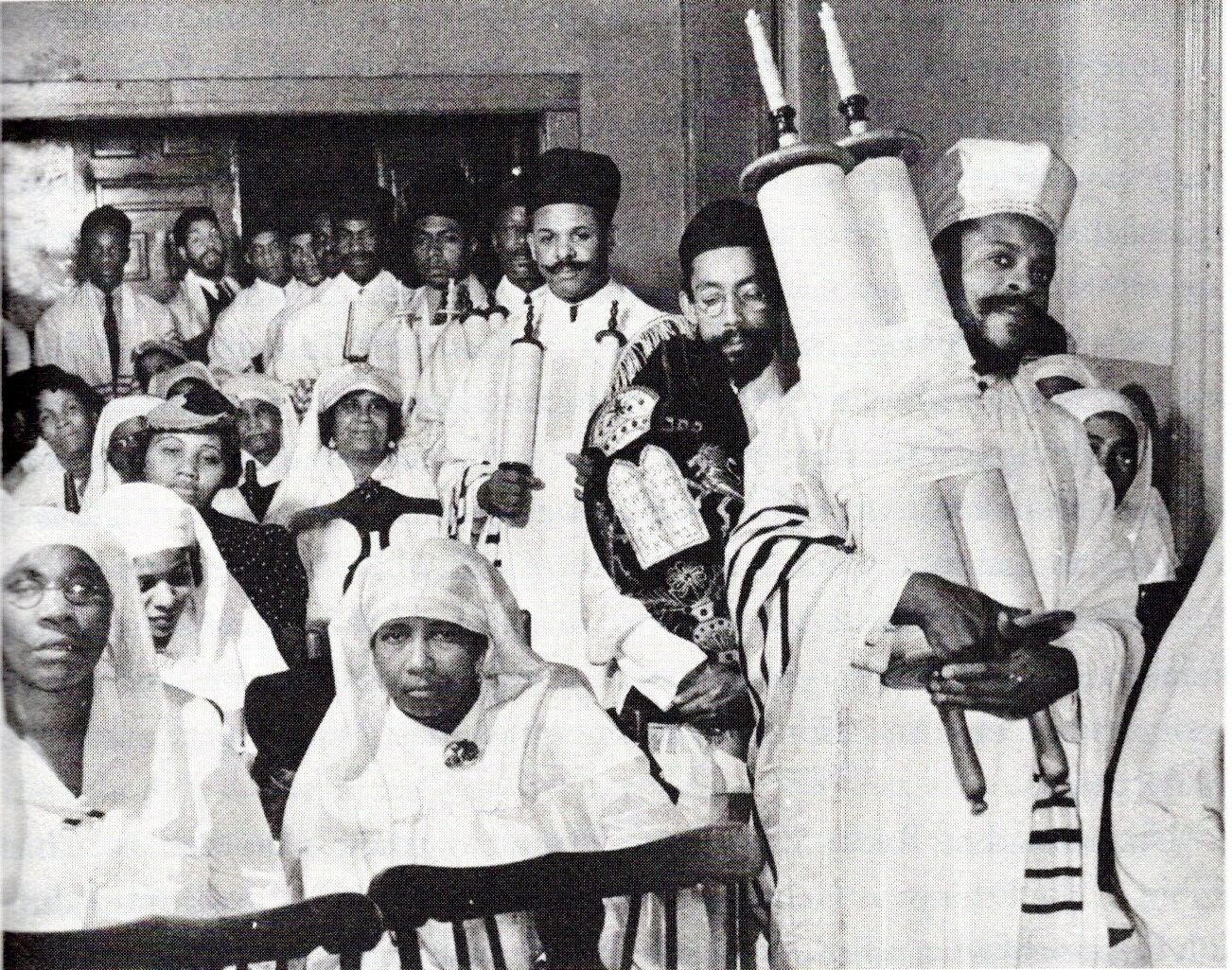
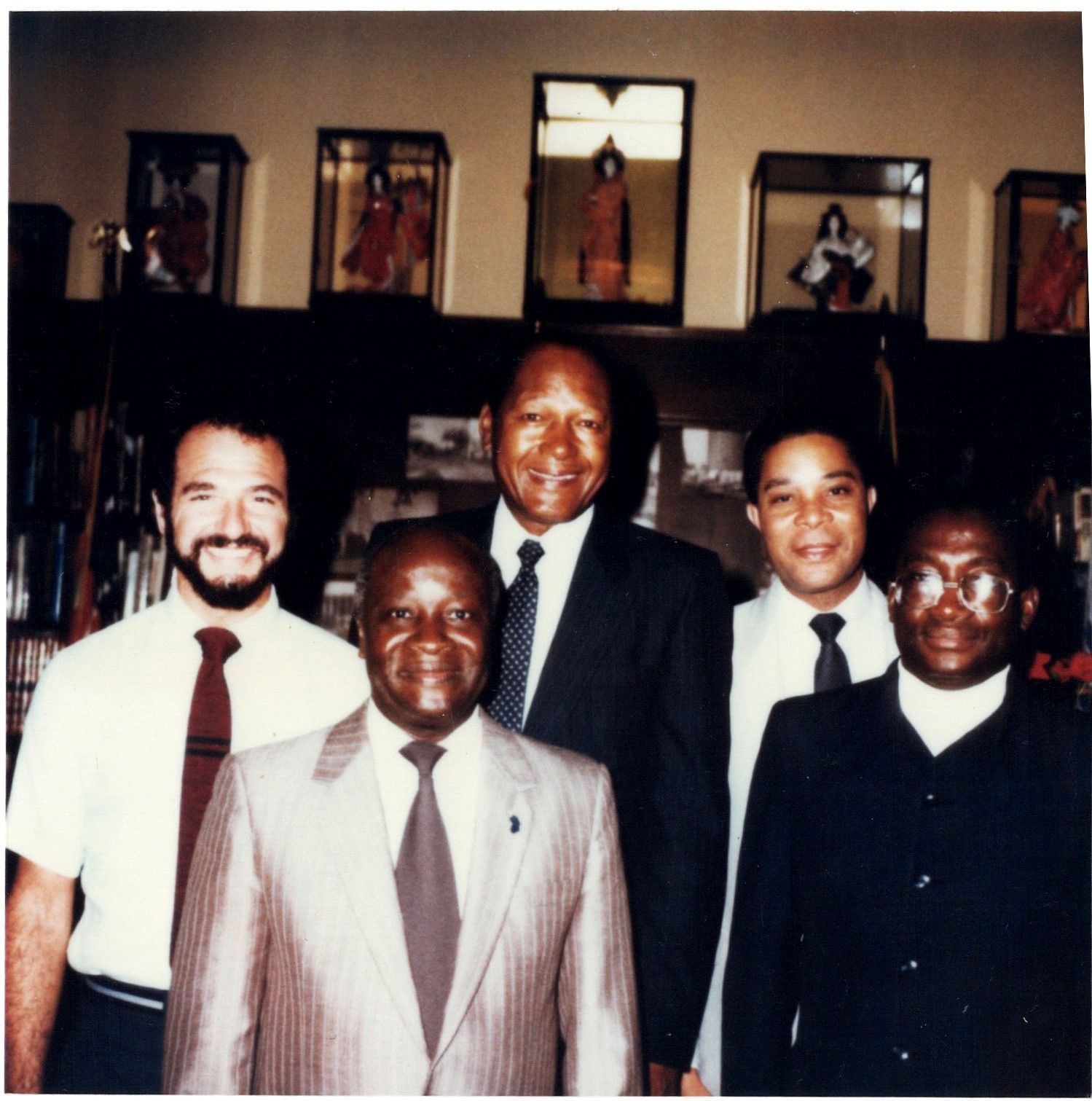
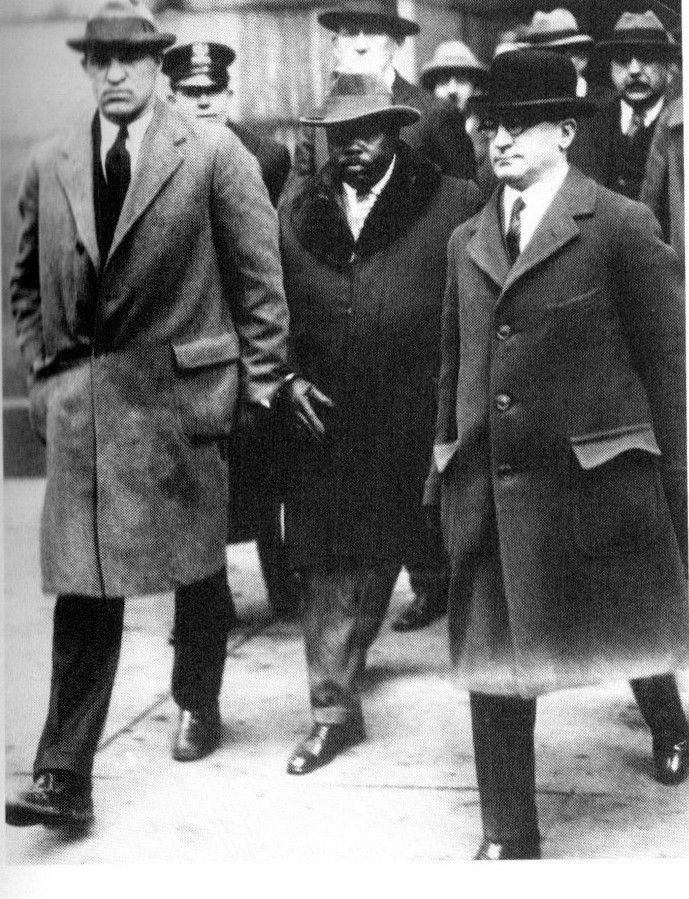
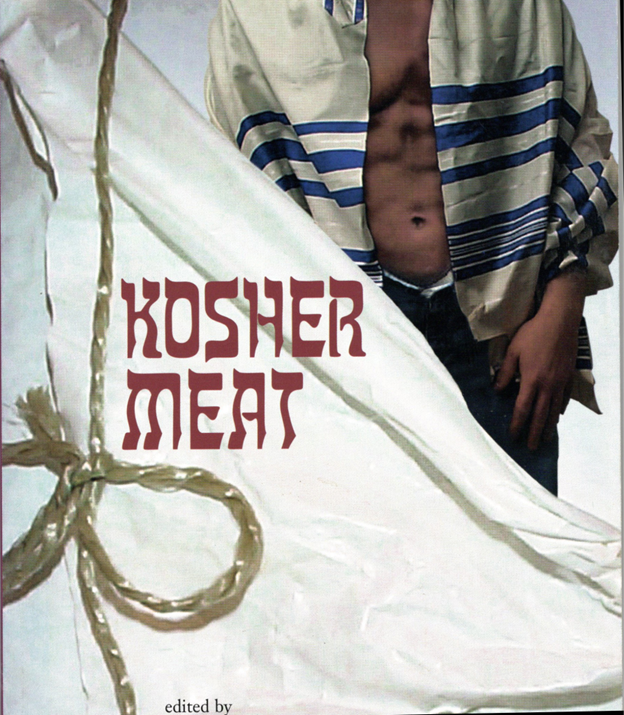
SHOGA FILMS is a 501(c) (3) non-profit production and education company. We create multimedia works around race and sexuality that are intended to raise awareness and foster critical discussion.
Contact Us
All Rights Reserved | Shoga Films
Stay Connected
Thanks for subscribing!
Please try again later.


